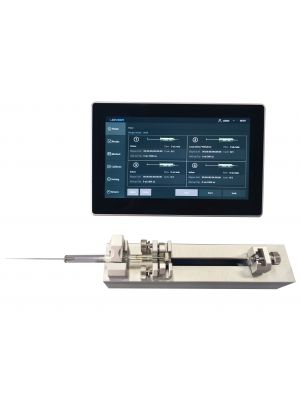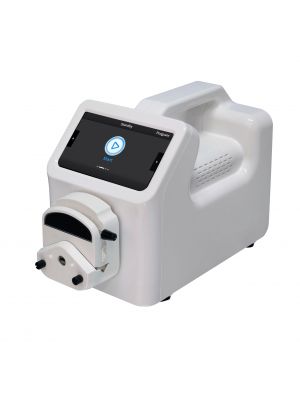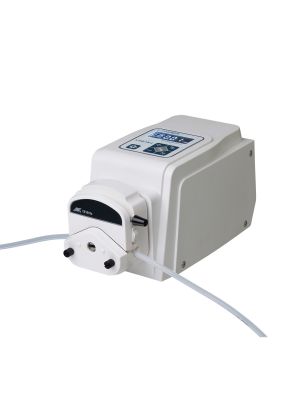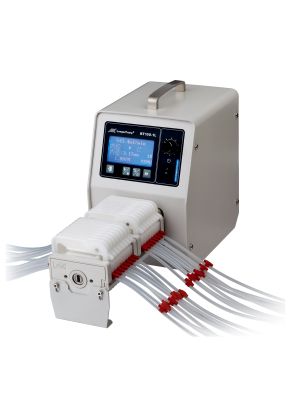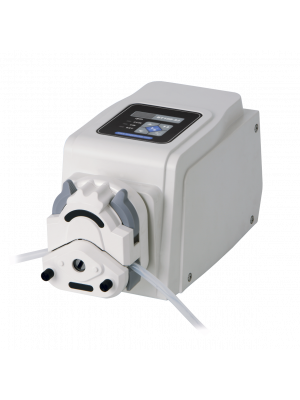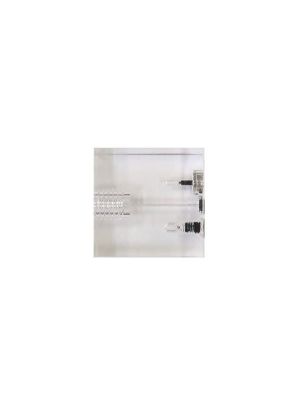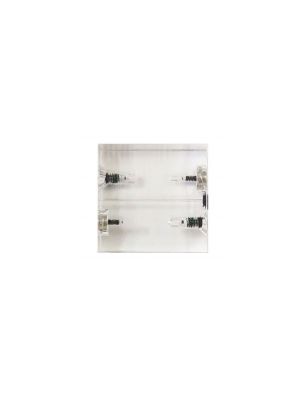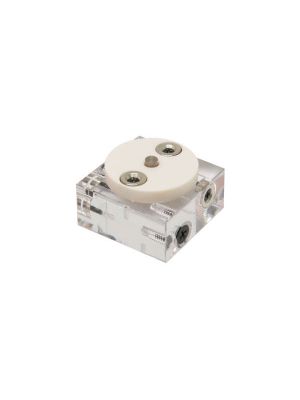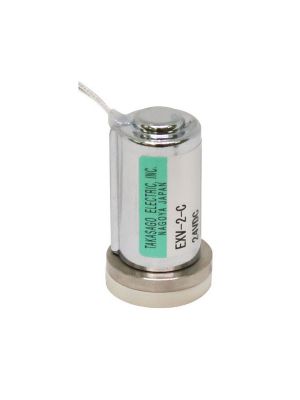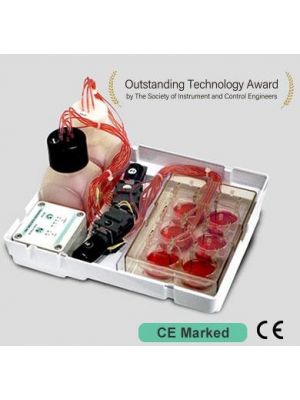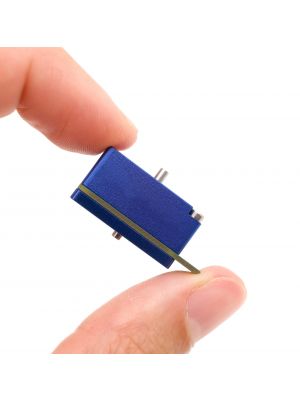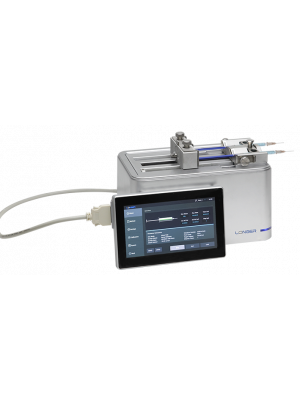
Microfluidic pumps & systems
Microfluidic research relies on sophisticated fluid handling systems to precisely control and manipulate minute volumes of liquids. Among the essential components for this purpose, peristaltic pumps, syringe pumps, and integrated microfluidic systems play pivotal roles in advancing the capabilities and applications of microscale technology. These fluidic systems are fundamental tools in laboratories where researchers manipulate minute volumes of fluids for applications such as drug delivery, chemical analysis, and biological assays.
- Microfluidic Syringe Pump - High precision and pulseless delivery SKU:
dLSP-501XSpecial Price $ 1,358.44 Regular Price $ 1,811.25 Discount 25% - Precise laboratory peristaltic pump 0,15 µl/min–500 ml/min - Many functions, large display SKU:
LX00-1F$ 2,052.75 -
- Multichannel laboratory peristaltic pump with up to 24 channels and 10 rollers SKU:
BT100-1L$ 1,328.25 -
-
-
-
-
-
-
-
-
-
-
-
Peristaltic Pumps
Peristaltic pumps, based on the principle of peristalsis, offer a non-invasive method for transporting fluids through microchannels. These pumps utilize rotating rollers or compressive elements that induce a reduced pulsation flow by squeezing and releasing flexible tubing. In microfluidic research, peristaltic pumps find applications in situations where a continuous, steady flow is crucial. The ability to precisely control flow rates and the absence of complex fluidic paths make peristaltic pumps ideal for microfluidic systems where accuracy and simplicity are paramount. Their ability to handle a wide range of liquids, prevent cross-contamination, and provide a consistent and controlled flow makes them integral for tasks such as cell culture perfusion, chemical synthesis, and creating gradients within microfluidic devices.
Syringe Pumps
Syringe pumps operate by displacing fluid through a syringe barrel using a piston or plunger. They are known for their precision and programmability, enabling accurate control over fluid volumes. In microfluidic research, syringe pumps are indispensable for tasks requiring controlled injections or withdrawals of fluids. These pumps excel in applications such as microinjections for genetic manipulation, drug delivery studies, and the implementation of precisely timed chemical reactions within microchannels. The adaptability to different syringe sizes adds to their versatility, allowing researchers to work with varying volume requirements in microfluidic experiments.
Integrated Microfluidic Systems
Beyond individual pumps, microfluidic systems combine various components such as pumps, valves and sensors into a unified platform. These systems offer researchers a comprehensive solution for conducting complex experiments with precise fluid control. Microfluidic systems are designed to facilitate seamless workflows, allowing researchers to create customized setups tailored to specific experimental requirements. These integrated platforms are particularly valuable for applications in diagnostics, point-of-care testing, and lab-on-a-chip technologies, where the miniaturization of experimental setups is critical.

